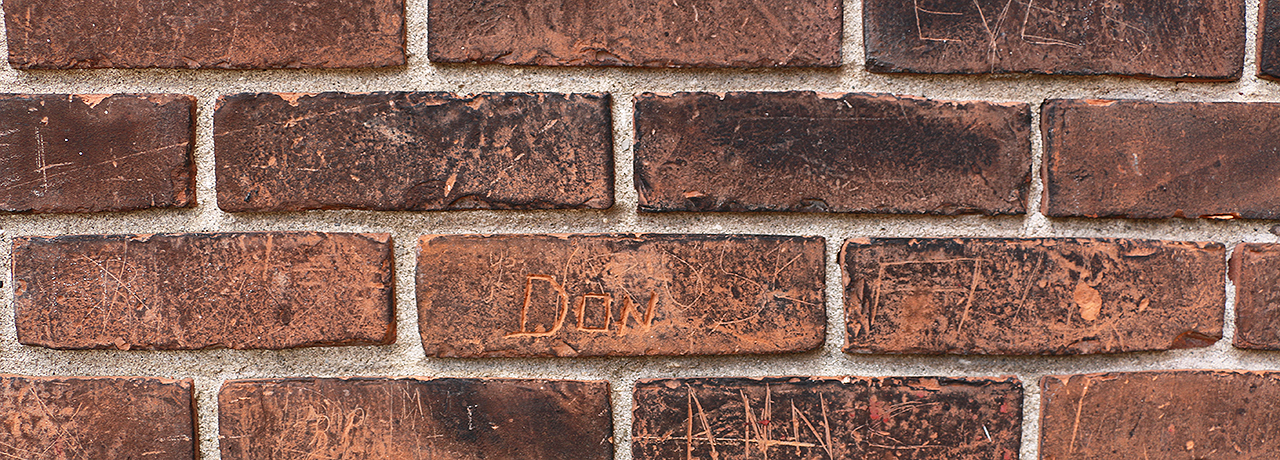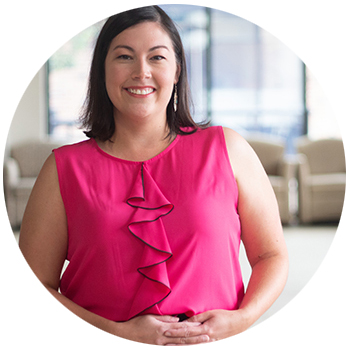
At the Truth and Reconciliation Commission's closing event in June 2015, when the commission released its executive summary, I was standing in the hallway of the Delta Hotel in downtown Ottawa.
It was a powerful scene as people gathered together from across the country to hear the commissioners speak. It was standing-room only, even outside the ballroom. There was grief, to be sure, but it was also a time of hope for future reconciliation efforts between Canadians and Indigenous peoples.
The commission’s final report was the culmination of more than five years of work documenting the stories and experiences of Indian Residential School survivors, their families and their communities. The residential school system was responsible for the removal of more than 150,000 Indigenous children from their families and communities and involved more than 139 schools across the country. As the commission’s website states, "Indian Residential Schools are a part of our shared history, a history that is not well understood by many."
As an Indigenous person and a professor of Indigenous Studies, I am often asked about reconciliation. Students, colleagues and acquaintances alike want to know what it means, how to engage with it and what Indigenous peoples are doing about it. I always respond with the same answer: reconciliation is for everyone. Reconciliation is not a process only for Indigenous peoples to undertake. Rather, it is rooted in relationship, healing and sharing.

This is Canada's shared history and we have a shared responsibility to acknowledge, understand and move forward together.
Along with its final report, the Truth and Reconciliation Commission (TRC) issued 94 Calls to Action that encompass all aspects of Canadian society, from church apologies and business practices to health and child welfare. Education is also key in the report and the commission issued several action items for post-secondary institutions. To that end, Laurier's Indigenous Studies program has worked with others to streamline and share our programming.
– Lianne C. Leddy
Our Introduction to Indigenous Studies course is required for Laurier’s Digital Media and Journalism program, Bachelor of Social Work, and Youth and Children’s Studies. Language and culture also figure prominently in the calls to action and Laurier has responded by working with Six Nations Polytechnic to deliver Mohawk language courses on both campuses.
In June 2015, Universities Canada, which represents 97 universities across the country, including Laurier, announced its adoption of 13 "Principles on Indigenous Education." These principles include developing opportunities for Indigenous students, recognizing the importance of indigenization of curriculum, providing space for dialogue among all students and building relationships with Indigenous communities and organizations. The principles also include the need to "recognize the importance of providing greater exposure and knowledge for non-Indigenous students about the realities, histories, cultures and beliefs of Indigenous peoples in Canada."
These are important goals and it is meaningful that 97 universities across the country have agreed to them. Closer to home, Laurier’s reconciliation efforts predate the TRC’s report and Universities Canada’s 13 principles. As illustrated in this edition of Campus magazine, we have vibrant Indigenous student communities and support centres on our campuses, as well as an Office of Indigenous Initiatives to lead and coordinate activities. During recent years, we have also been engaged in new initiatives such as the Indigenous Knowledge Fund, a program recently launched at the Brantford campus. An important part of Laurier's Indigenization strategy, the fund provides financial assistance to faculty members seeking to enhance Indigenous content in their classes by bringing in Indigenous knowledge holders as guest lecturers and incorporating experiential learning opportunities.
Opportunities provided by the Indigenous Knowledge Fund allow students to reflect on what they have learned and their own role in reconciliation. In 2017-2018, the fund gave Laurier students the opportunity to learn from knowledge holders through more than 25 lectures and activities. We are delighted that the Indigenous Knowledge Fund was recently extended to the university's Waterloo campus and excited about the transformative nature of the fund and its impact on student experiences at Laurier. Also cause for excitement is how the fund enhances our ability to build stronger relationships between the university and Indigenous communities on whose territories we live and learn.
It is our aim in these times of reconciliation that Laurier will continue to indigenize. That means closing the education gap for Indigenous students, building stronger relationships with Indigenous communities and meaningfully contributing to a wider dialogue about improving relationships between Indigenous and non-Indigenous peoples in what has become known as Canada.
There is a role for everyone – Indigenous and non-Indigenous alike – in the important work of reconciliation.
Lianne C. Leddy is an assistant professor of Indigenous Studies at Laurier's Brantford campus.
Top photo: Names etched by former students remain on a brick wall at the Mohawk Institute Residental School building in Brantford.